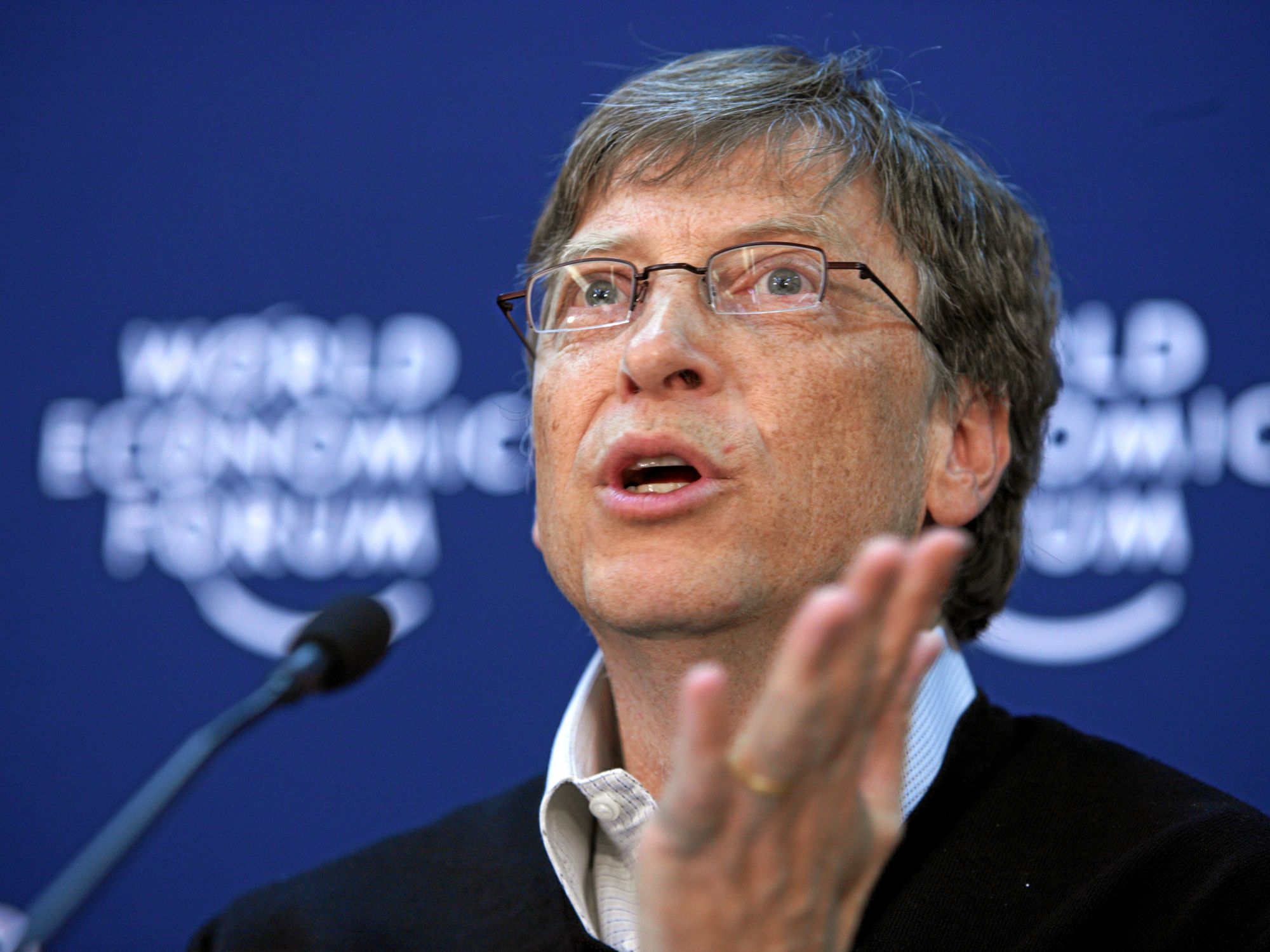Bill Gates Warns That Coronavirus Impact Could Be ‘Very, Very Dramatic’

Bill Gates spoke with broad optimism about the potential for technology to address some of the globe's biggest challenges, but struck an ominous tone Friday in discussing the threat posed by the coronavirus as the outbreak outpaces the best efforts of doctors and health workers.
The impact could be "very, very dramatic," the billionaire philanthropist said, addressing a standing-room-only audience during his keynote address at the American Association for the Advancement of Science annual meeting in Seattle. He called it a "potentially very bad situation."
Gates pointed to advances in molecular diagnostic tools as one promising safeguard against such outbreaks, but warned that the situation could become especially difficult if the deadly coronavirus pneumonia starts to spread in Africa. As he was speaking, news broke that the first case of coronavirus had been confirmed on the continent, as a person in Egypt tested positive for the disease.
The Bill & Melinda Gates Foundation recently committed $100 million to fighting coronavirus.
One of the big challenges, Gates noted, is the infectious nature of coronavirus earlier in the cycle of the disease, impacting the general population. That's in contrast earlier challenges such as Ebola, which were more dangerous to health workers attempting to treat people who were sick.
Key questions, he said, are "will this get into Africa or not, and if so, will those health systems get overwhelmed?" Later, he added, "This disease, if it's in Africa, is more dramatic than if it's in China," noting that he was "not trying to minimize what's going on in China in any way."
Margaret Hamburg, chair of the AAAS board of directors, cited the past outbreaks of diseases such as SARS and Ebola, and the cycle of "crisis, concern and then complacency," that often follow them. She asked Gates what it will finally take to ensure that adequate preventative measures are in place.
Science is giving us the opportunity to improve lives around the world faster than ever before. Today I was honored to give a speech on this subject at the @aaas annual meeting. #AAASmtg https://t.co/03yWD4svD6
— Bill Gates (@BillGates) February 14, 2020
Referring to advances and price reductions in molecular diagnostic tools, Gates responded, "certainly the good news is that just the plain old horizontal advances in how we make these tools will help us."
"We have a plan to get those machines fairly pervasive in developing countries," he said, referring to the work of the Gates Foundation and its partners. "Within a decade, the capacity to create diagnostic capability will be better off."
The ability to create new vaccines should help, as well, Gates said.
"There's been a huge under-investment in therapeutics, particularly antivirals," he said, adding that he believes China could "step up" in that regard once the current crisis passes. He didn't offer a timeline, however, for when he thinks that might happen.
This story first appeared on GeekWire.



 Image Source: Revel
Image Source: Revel
